Healthgrain Forum, a group of cereal science and nutrition experts, has published new guidelines recommending when products can be labelled ‘wholegrain’.
The European forum has recommended a product should contain at least 30% of wholegrain ingredients to be described as ‘wholegrain’.
While this is guidance only, the forum has called on public health authorities, dietary associations and governments to apply the new definition in future legislation. There is currently no definition of the term wholegrain food in the UK.
Publishing a paper on the guidelines in the journal Advances in Nutrition, the forum – made up of experts in cereal science and nutrition from academia and industry across Europe – said the new definition would provide “greater clarity” for consumers.
“This has taken our group over two years of many meetings and consultations among academic and industry members to come up with a definition,” said Alastair Ross, chair of the group that developed the definition.
“This is just a starting point and the aim of the definition is to encourage food manufacturers to replace more and more refined cereal ingredients with whole grains.”
Gordon Polson, director of the Federation of Bakers, told British Baker: “In the UK, as far as bread is concerned, we use the term ‘wholemeal’ because that is defined in the Bread and Flour Regulations. To be a wholemeal loaf 100% of the grain flour must be wholemeal.”
Real Bread Campaign organiser Chris Young said a legal definition for wholegrain, and official guidance for its use in the meantime, is part of the campaign’s call for an Honest Crust Act to help shoppers make better-informed choices about the loaves they buy.
“There is no legal definition for what that [wholegrain] is,” he added. “This allows marketers to use the healthy halo of wholegrain to promote, and perhaps even charge a premium for, products that in fact have very little of the nutritional value we understand that word to represent.”



















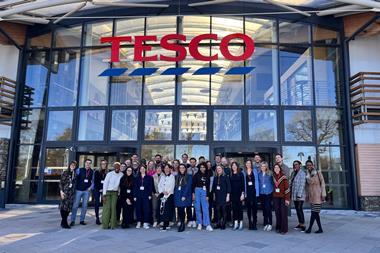



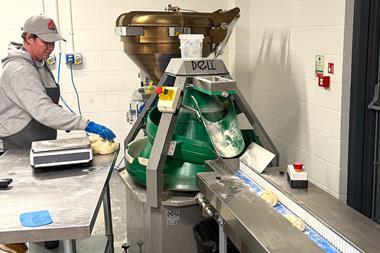
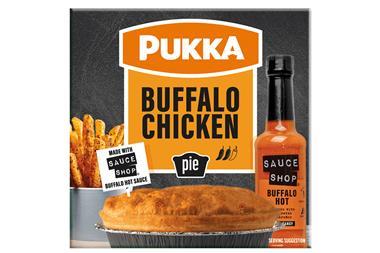

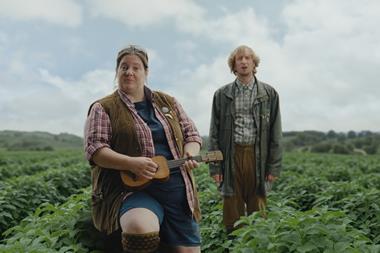


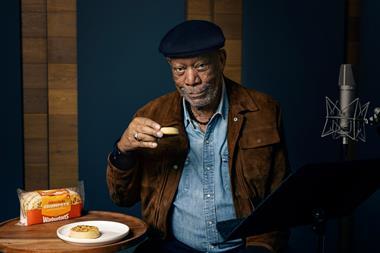


No comments yet